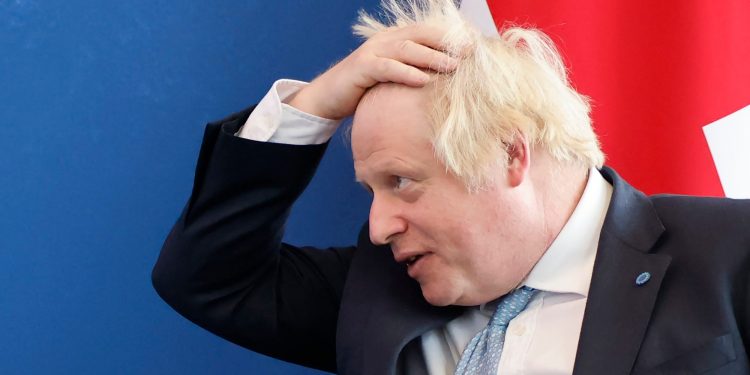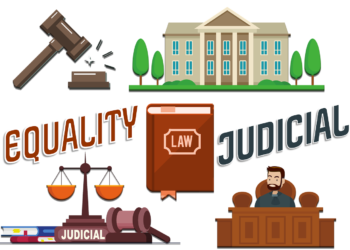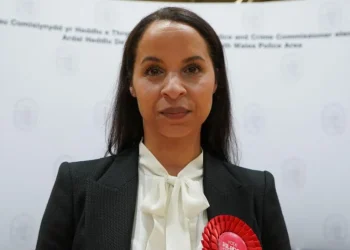Boris Johnson government in the UK is now officially on free fall. His premiership is now on the verge of collapse amid a blitzkrieg of resignations of key ministers, withering reception to the embattled premier in the parliament and public declarations of no-confidence in his leadership.
Johnson was grilled by senior MPs in the House of Commons on Wednesday as resignations from his senior ministers continued to pile up and opposition leaders stepped up their calls for his resignation.
Darren Jones, chair of the business committee, informed Johnson of reports that a delegation of ministers were preparing to tell him to leave office.
On being asked during the liaison committee hearing whether he’ll be in the post by tomorrow. His answer was brief: “Of course.”
On Tuesday, Johnson’s two key colleagues – Finance Minister Rishi Sunak and Health Minister Sajid Javid – resigned from the cabinet, pounding the already beleaguered government with a seismic wave and leaving crest-fallen Johnson to face a leadership challenge.
Their departures triggered a wave of resignations from more junior roles that continued on Wednesday, when amid a deepening crisis for the Conservative Party government, Johnson said if he “felt it was impossible for the government to go on, he would resign.”
“My job is to keep going.”
He also said an elected government “should not walk away during crisis” and added that his government will continue to “deliver on its mandate.”
“We have a plan and we are getting on with it,” Johnson stated.
The Prime Minister’s relations with his backbenchers have been damaged by the Partygate scandal and unhappiness over tax hikes.
On Wednesday, Parliamentary Under-Secretary of State for Children and Families at the Department for Education Will Quince also stepped down, saying he was leaving after being given an “inaccurate” briefing over Johnson’s appointment of Christopher Pincher, a politician who was the subject of complaints.
Already the number of junior ministers resigning is beginning to pile up, including at least a few unexpected names, keeping up pressure on Johnson, who is braced for more resignations, perhaps not from the cabinet but the next rung down the ministerial ladder.
Javid and Chancellor Sunak offered their resignation letters within minutes of each other as Johnson was apologizing on the BBC for promoting lawmaker Pincher to the Conservative Party’s deputy chief whip.
In his resignation letter, Javid said: “It is clear to me that this situation will not change under your leadership – and you have therefore lost my confidence too.”
Keir Starmer, the leader of the main opposition Labour Party, said it was “clear that this government is now collapsing”.
Pincher, forced to resign last week over sexual misconduct, was at pains to say he had drunk too much, embarrassed himself, and “caused upset” to people after British media reported he had sexually assaulted two male guests at a London club.
Downing Street admitted that Johnson had been briefed about previous accusations against Pincher in 2019, something that Johnson’s office initially denied.
British media have since reported that Pincher faced several previous allegations of sexual misconduct.
The Pincher scandal is only the latest in a long line of controversies for the embattled premier, who, in a last-ditch effort to patch things up, appointed his chief of staff Steve Barclay as new health minister, and Nadhim Zahawi, who was previously education secretary, as finance minister.
Members of the Tory 1922 Committee, composed of rank-and-file Conservative legislators, met at 5 p.m. local time to discuss whether to allow a new confidence vote. If yet another majority is reached in favor of a fresh confidence vote, a ballot could come as soon as next week.
Johnson survived a no-confidence vote among Tory legislators last month.
The string of resignations, which is likely to continue, comes after months of scandals and missteps, including a damning report into parties that broke strict COVID-19 lockdowns and the resignation of Conservative legislator Neil Parish in April, after he was caught watching pornography on his mobile phone in the House of Commons. He was disqualified from sitting in parliament.
Johnson has also been grilled for not taking sufficient steps to tackle a cost-of-living crisis, with many people in the UK struggling to cope with soaring fuel and food prices.
According to economists, the UK is now heading for a sharp slowdown or possibly a recession.
The embattled prime minister is also facing a parliamentary probe into whether he lied to MPs over the lockdown-breaching parties in Downing Street.
According to snap YouGov poll, 69 percent of Britons thought Johnson should step down as prime minister but for the time being the remainder of his top ministerial team, including Deputy Prime Minister Dominic Raab and Foreign Secretary Liz Truss, offered their backing.












